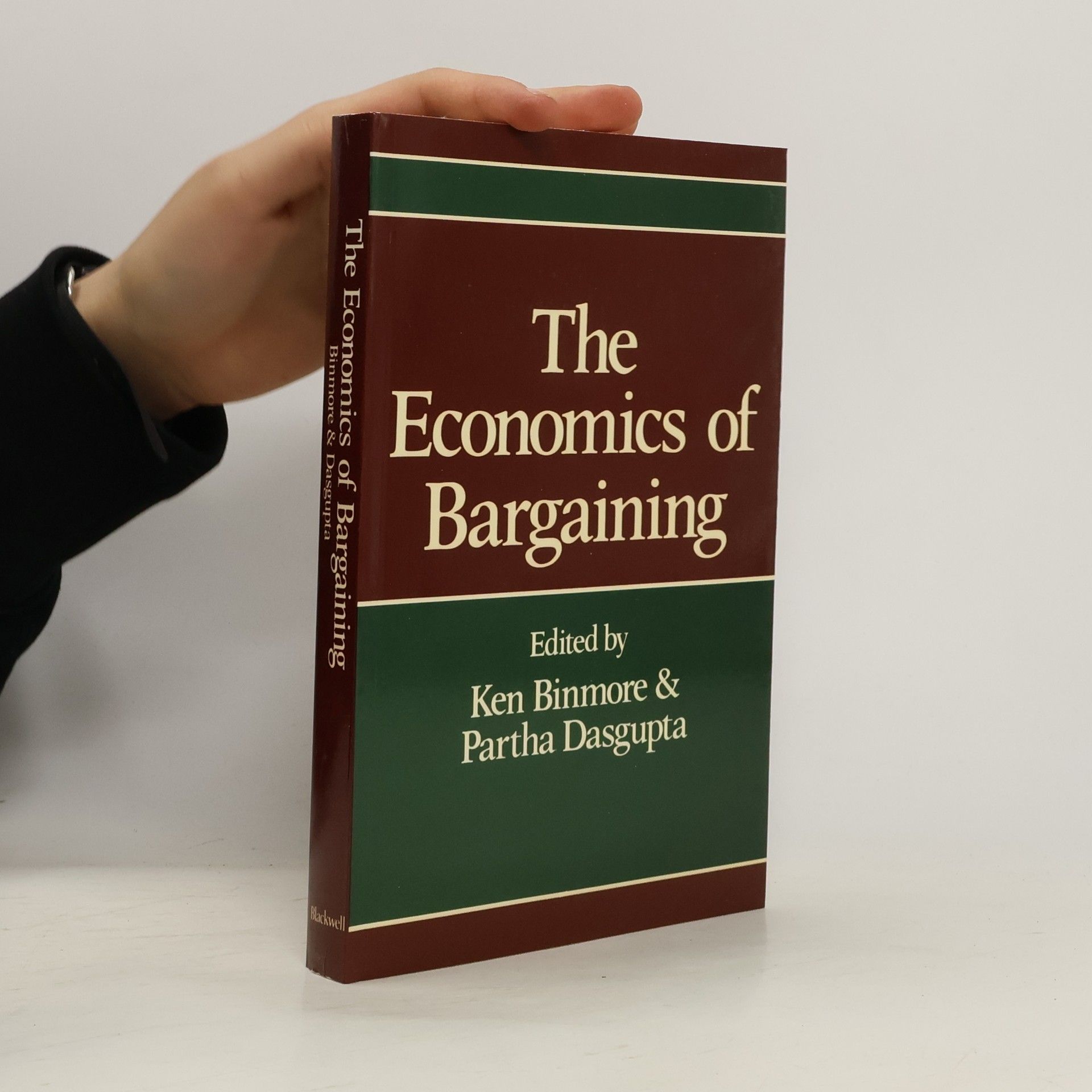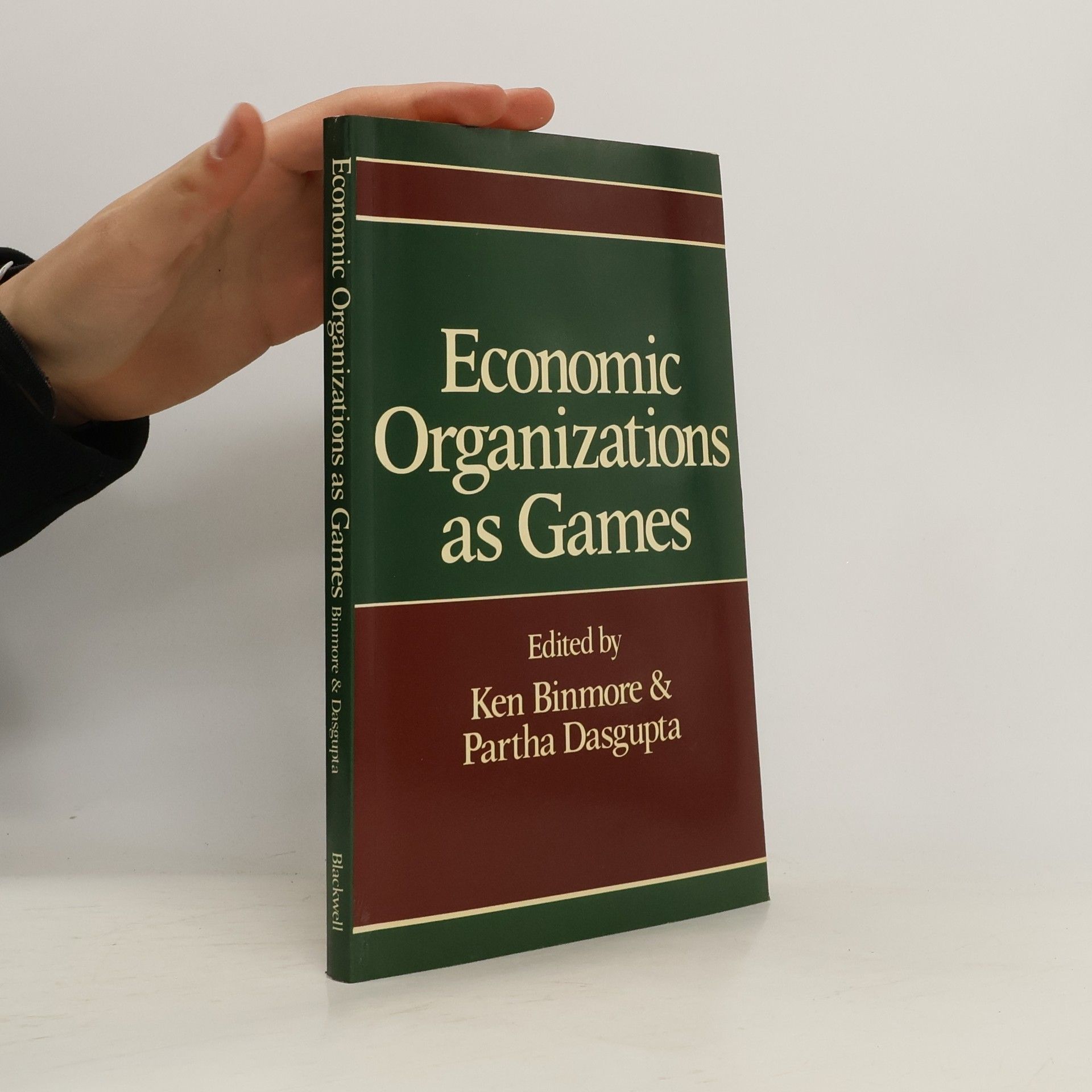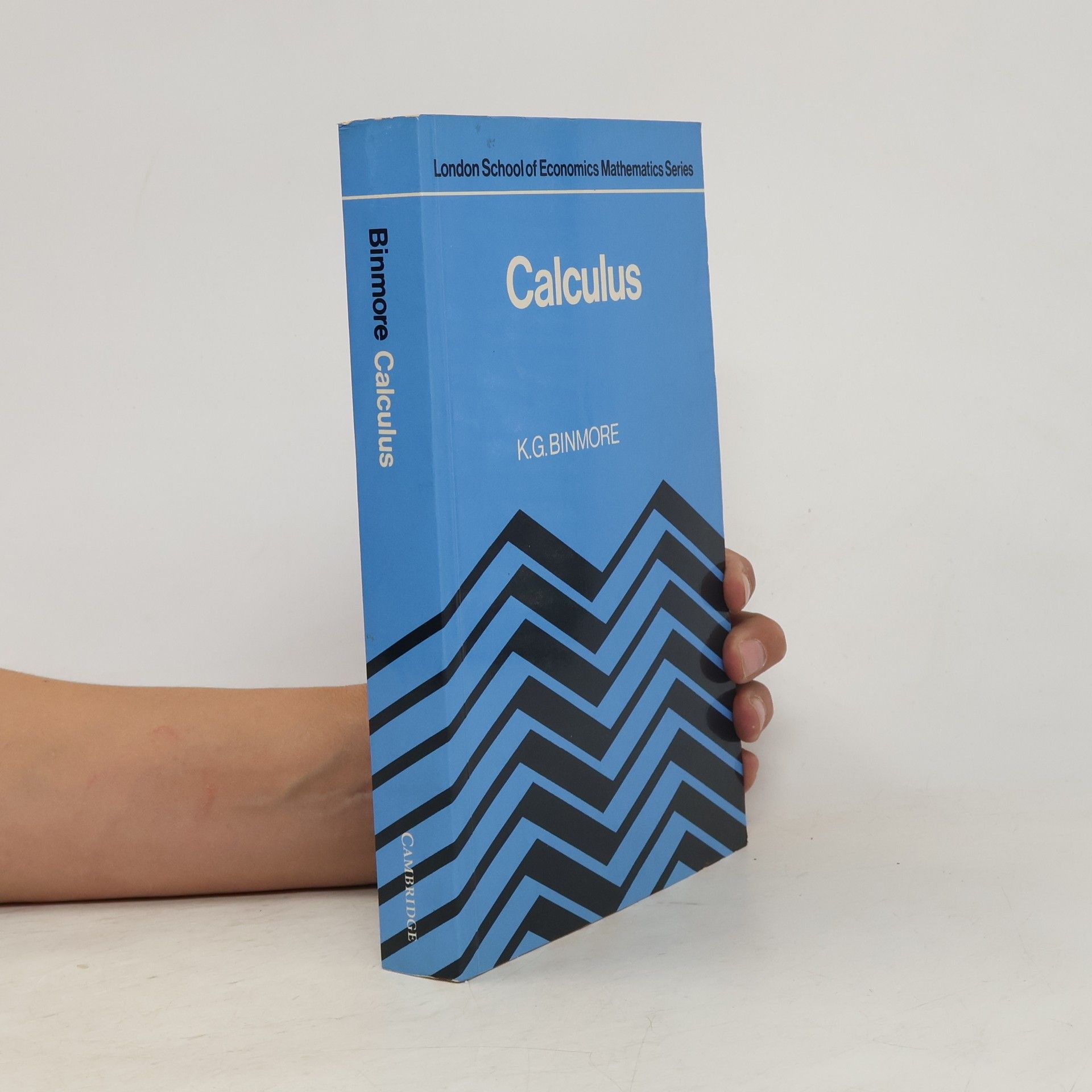The book explores the concept of the public good, tracing its evolution from ancient sages and prophets to the Enlightenment period. It critiques how historical figures often prioritized their own views of what is beneficial for society, overshadowing the voices of the common people. By examining the shift that occurred in the eighteenth century, it highlights the emergence of a more inclusive understanding of the public good, liberated from the biases of the elite. This analysis invites readers to reconsider the true meaning of public welfare and its implications for society.
Kenneth Binmore Book order (chronological)






Crooked Thinking or Straight Talk?
Modernizing Epicurean Scientific Philosophy
- 140 pages
- 5 hours of reading
Exploring the challenges of rational thought in contemporary society, this book delves into why people often fall prey to misleading arguments from populists and scammers. It questions the absence of philosophical guidance in navigating complex issues, urging a reevaluation of critical thinking and the role of philosophy in public discourse. The author seeks to uncover the reasons behind our cognitive biases and the societal impact of misinformation, advocating for a return to reasoned debate and intellectual clarity.
La teoría de juegos : una breve introducción
- 272 pages
- 10 hours of reading
En toda interacción humana –desde las relaciones personales o las partidas de naipes, hasta las grandes decisiones políticas o empresariales que afectan a millones de personas– puede considerarse presente el factor del juego, entendido como un escenario en el que hay que hacer una constante evaluación anticipada de riesgos y beneficios de cuya exactitud depende salir ganando, perdiendo o compensando. “La teoría de juegos” estudia las posibles combinaciones y resultados que se pueden dar en cualquiera de estos “juegos” siempre y cuando sus protagonistas actúen racional o previsiblemente. Escrita por Ken Binmore sin recurrir a ecuaciones matemáticas y de una forma accesible, esta breve introducción expone de forma sucinta todo lo que hay que saber para adentrarse en este campo omnipresente en nuestros días, pues, habiendo probado ya su utilidad en dominios como las ciencias y la economía, apunta asimismo a revelarla también en muchos otros, como pueden ser la psicología, la ética o la política. También en esta colección: “El dilema del prisionero”, de William Poundstone.
Game Theory. A Very Short Introduction
- 184 pages
- 7 hours of reading
Games are played everywhere: from economics to evolutionary biology, and from social interactions to online auctions. This title shows how to play such games in a rational way, and how to maximize their outcomes.
Economic Organizations as Games
- 228 pages
- 8 hours of reading
In recent years economists have found the theory of games to be an attractive route for exploring imperfectly competitive markets. This collection of articles explores both the potential and the limitations of this theoretical framework.
The Economics of Bargaining
- 260 pages
- 10 hours of reading
A collection of articles examining equilibrium outcomes in social and economic environments which possess cooperative infrastructures.
Systematic account of the logical and algebraic foundations of calculus. Presentation is informal with emphasis on practical understanding rather than on theoretical matters and formal proofs. Many practical examples are provided, drawn primarily from economics. Some elementary knowledge of calculus is assumed.

